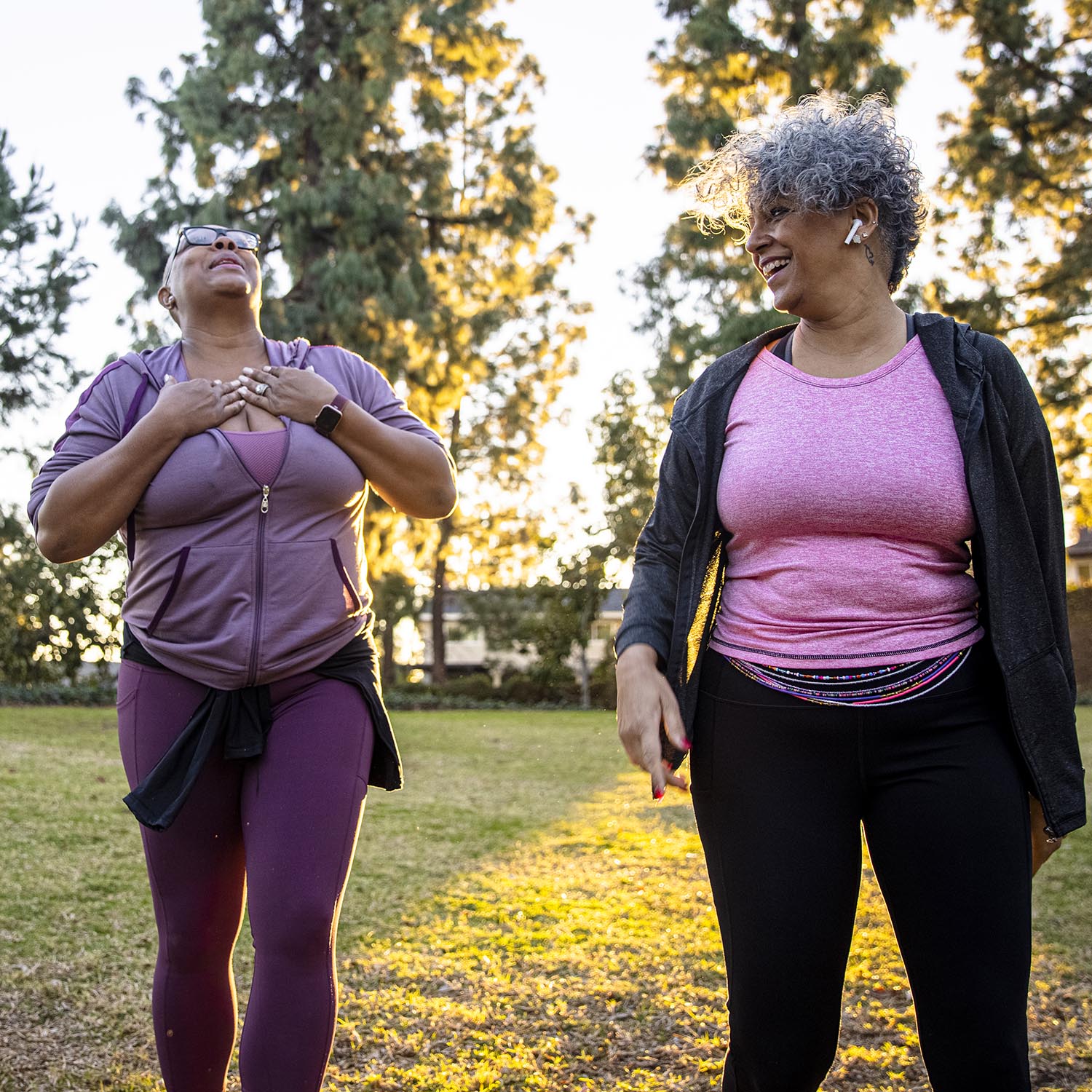Menopausal Symptoms and Complementary Health Approaches

A number of studies and systematic reviews on complementary health approaches for menopausal symptoms have been published. There is limited evidence on the effects of mind and body practices for menopausal symptoms, but a few hold promise. Scientists have found little evidence that natural products, such as herbs and other dietary supplements, are helpful. The long-term safety of phytoestrogens such as soy, red clover, and flaxseed, has not been established.
This issue of the digest provides highlights from current research on several frequently used complementary health approaches for menopausal symptoms, including phytoestrogens, black cohosh, hypnotherapy, acupuncture, and yoga.
What the Science Says:
Menopausal Symptoms and Complementary Health Approaches
Modality and Summary of Current Research
Soy
Soy isoflavone supplements or soy protein may help to reduce the frequency and severity of menopausal hot flashes, but the effect may be small.
Black Cohosh
Research suggests that certain black cohosh extracts and some combination products containing black cohosh may reduce some menopause symptoms. Most of the research has been on the single extract Remifemin. Research on other black cohosh products has had inconsistent results. Guidelines released in 2015 indicate that there is a lack of consistent evidence for any benefit from black cohosh for menopause symptoms. But a 2017 review of research suggests that black cohosh extracts approved for treatment in Europe seem to decrease menopause symptoms.
Read more about the research on black cohosh for menopausal symptoms
Red Clover
Studies on the effects of red clover on menopause symptoms, such as hot flashes, and on blood levels of cholesterol and other lipids have had inconsistent results.
Read more about the research on red clover for menopausal symptoms
Flaxseed
Studies have had conflicting results on whether flaxseed helps with symptoms of menopause.
Read more about the research on flaxseed for menopausal symptoms
Yoga
There is some evidence that yoga may reduce menopausal symptoms, but the effect is similar to other exercise interventions.
Read more about the research on yoga for menopausal symptoms
Hypnotherapy
There is some evidence suggesting that hypnosis may help improve certain menopausal symptoms, such as hot flashes. A 2015 position paper from the North American Menopause Society recommended hypnosis for managing hot flashes but acknowledged that favorable evidence is limited.
Read more about the research on hypnotherapy for menopausal symptoms
Acupuncture
Results of studies have been inconsistent as to whether acupuncture is beneficial for menopausal symptoms.
Read more about the research on acupuncture for menopausal symptoms
Clinical Guidelines
- AACE Medical Guidelines for Clinical Practice for Diagnosis and Treatment of Menopause © 2011 (Endocrine Practice)
- Use of Botanicals for Management of Menopausal Symptoms (Obstetrics and Gynecology)
- Soy Protein, Isoflavones, and Cardiovascular Health (Circulation)
Scientific Literature
Information for Your Patients
NCCIH Clinical Digest is a service of the National Center for Complementary and Integrative Health, NIH, DHHS. NCCIH Clinical Digest, a monthly e-newsletter, offers evidence-based information on complementary health approaches, including scientific literature searches, summaries of NCCIH-funded research, fact sheets for patients, and more.
The National Center for Complementary and Integrative Health is dedicated to exploring complementary health products and practices in the context of rigorous science, training complementary health researchers, and disseminating authoritative information to the public and professionals. For additional information, call NCCIH’s Clearinghouse toll-free at 1-888-644-6226, or visit the NCCIH website at nccih.nih.gov. NCCIH is 1 of 27 institutes and centers at the National Institutes of Health, the Federal focal point for medical research in the United States.
Copyright
Content is in the public domain and may be reprinted, except if marked as copyrighted (©). Please credit the National Center for Complementary and Integrative Health as the source. All copyrighted material is the property of its respective owners and may not be reprinted without their permission.